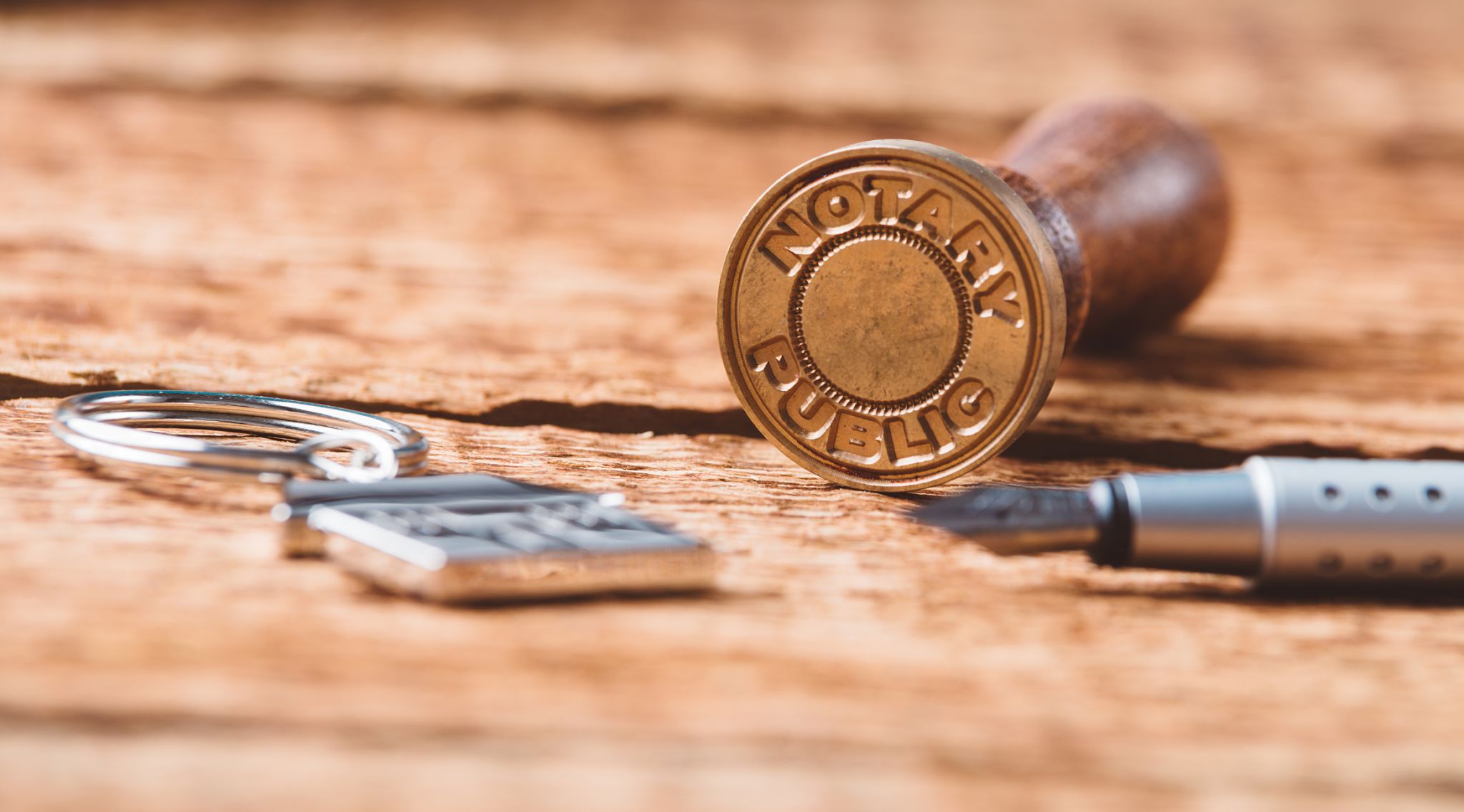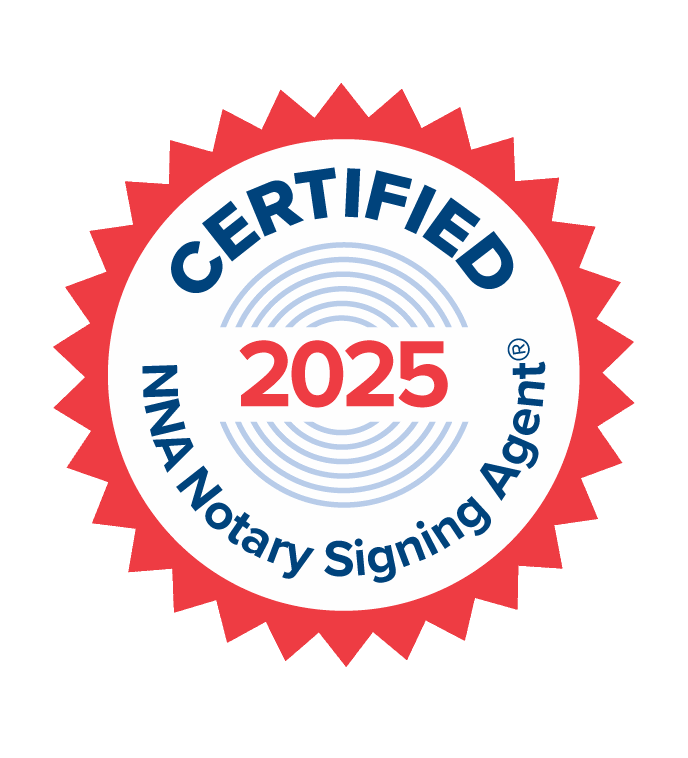Understanding the Role of a Notary Public: Common FAQs Answered
What is a Notary Public?
A notary public is an official appointed by the government to serve as an impartial witness in the signing of important documents. Their primary role is to prevent fraud by verifying the identity of signatories and ensuring that parties are entering agreements knowingly and willingly. In many legal transactions, a notary's seal is indispensable for validating documents.
Notaries public can be found in a variety of settings, including banks, law offices, and government buildings. They may also offer mobile services, traveling to meet clients at their convenience. The role of a notary is a respected position that requires attention to detail and a high level of integrity.

What Services Does a Notary Public Provide?
Notaries offer a range of services that facilitate the execution of legal documents. These services include:
- Document notarization: Verifying signatures on documents such as affidavits, powers of attorney, and loan agreements.
- Oaths and affirmations: Administering oaths or affirmations for sworn statements.
- Apostilles and authentications: Providing certification for documents that will be used internationally.
It's important to remember that notaries do not provide legal advice. Their role is limited to witnessing signatures and ensuring document authenticity.
Why Might You Need a Notary Public?
There are many situations where you might require the services of a notary public. For personal matters, you might need a notary for estate planning documents like wills or trusts. In business, notarization might be necessary for contracts or property transactions.

The absence of a notary's seal on certain documents can render them invalid or unenforceable. Therefore, having a notary public involved adds an extra layer of security and legality to the proceedings.
How Does the Notarization Process Work?
The notarization process typically follows a straightforward procedure:
- Verification: The notary confirms the identity of all signatories using government-issued identification.
- Consent: The notary ensures that all parties are signing voluntarily and understand the document's contents.
- Execution: The document is signed in the presence of the notary, who then applies their official seal.
This process helps prevent fraud and ensures that documents are legally binding.

Common Questions About Notaries
Many people have questions about what notaries can and cannot do. Here are some frequently asked questions:
Can a Notary Public Refuse Service?
Yes, a notary can refuse to notarize a document if it appears incomplete or if they suspect any form of coercion or fraud. They may also refuse if the signatory does not present adequate identification.
Is Notarization Required by Law?
Not all documents require notarization, but many legal documents do to enhance their legitimacy. It's best to consult with a lawyer if you're unsure whether your document needs a notary's seal.
Can a Notary Public Notarize Documents in Another State?
This depends on the state's laws. Some states allow their notaries to perform notarizations across state lines, while others do not. Always check the regulations in your specific area.
Understanding the role of a notary public can demystify the process and ensure that your vital documents meet all legal requirements. Whether for personal or professional use, having access to competent notarial services is an invaluable resource.


